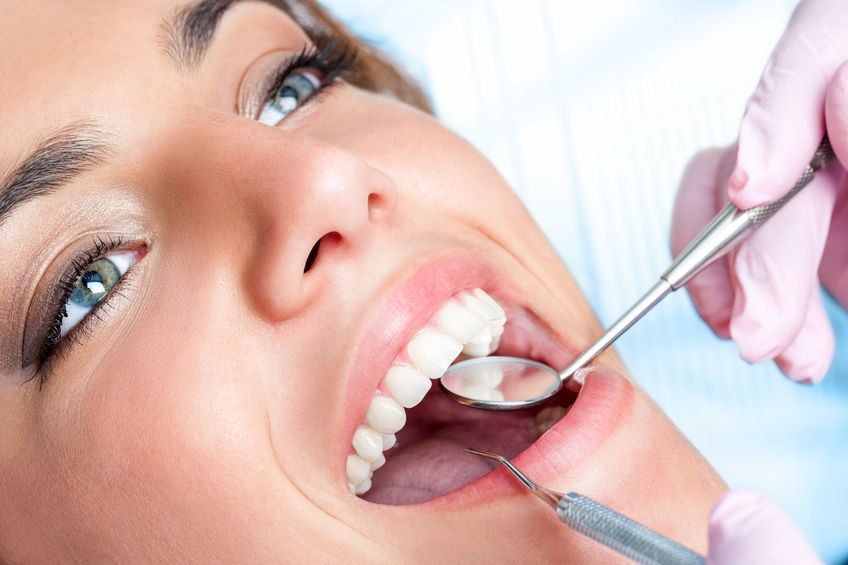Why Regular Dental Check-Ups Are Important
- By Mary Marks
- •
- 29 Oct, 2019
- •

Keeping a consistent oral care routine at home is essential in order to keep our teeth and gums healthy, but regular dental check-ups at your local Denver sedation dentistare just as important. The overall recommendation is visiting a specialist every 6 months. In this article you will find the main reasons why going on regular dental check-ups is so important:
1. Identifying early signs of tooth decay
By acknowledging dental problems early on, you can save yourself quite an important amount on money, as well as not having to go through the pain that some dental problems, such as cavities and gum disease, cause.
2. Oral cancer detection
On your regular dental check-up, the dentist will look for external signs of cancer, increasing the probabilities of treating it successfully.
3. Plaque and tartar buildup
An important part of your dental check-up will be a professional cleaning, removing plaque and tartar as well as flossing between the teeth, doing so regularly will help prevent gum disease and cavities. Tartar build ups are known to be the main cause of cavities formation, treating those will result in a more complicated and pricey process than a regular cleaning.
4. Checking for hidden problems with X-Rays
Scanning the oral cavity regularly will help identify hidden dental problems impossible to be detected otherwise, such as impacted teeth, bone decay, swelling, etc.





Although oral sedation dentistry Highlands Ranch is one of the optionsavailable for managing anxiety and discomfort during oral surgery, you certainly do not need to use it all the time. As a matter of fact, the exact type of sedation or anesthesia that you receive during oral procedures may depend on various factors, such as the complexity of the procedure, your medical problems, as well as your doctor’s preferences.
There can be several different levels of sedation that can be used in oral surgery. Local anesthesia is one of them. This involves injecting anesthetic medication into the specific area where the surgery will take place. It numbs the area and is often used for less invasive procedures.
Oral sedation involves taking medication in the form of a pill to induce a state of relaxation and drowsiness. The patient is still conscious, but he/she may not be fully aware of the procedure. At any rate, sedation helps him/her get rid of anxiety.
In the case of intravenous sedation, medication is administered through a vein, which induces a deeper state of sedation than oral sedation. Patients may still be conscious, but they are less aware of their surroundings and may not remember the procedure.





